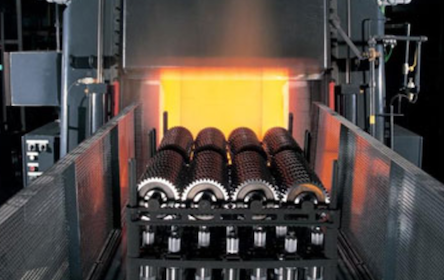Macclesfield-based heat treatment and thermal processing giant Bodycote plc said on Friday it will make a slight increase its dividend despite announcing 2020 results that showed a revenue decline of 16.9% to £598 million and a loss before tax of £1.5 million compared to a profit of £123.9 million in 2019.
“The board is proposing a final dividend of 13.4p, which brings the total ordinary dividend for 2020 to 19.4p,” said Bodycote.
“This continues Bodycote’s uninterrupted 30+ year track record of growing or maintaining the dividend and reflects the board’s confidence in the group’s future earnings and cash flow potential.”
The company said the fall in demand that occurred in the second quarter of 2020 led to an “unprecedented drop in revenues that was significantly greater than even the worst points of the global financial crisis” in 2008 and 2009.
Automotive revenues declined 20% in the year to £159 million and general industrial revenues fell 11% to £232 million.
Full time employees (FTEs) were reduced by 18% — about 1,020 jobs were cut — and Boycott said a “large proportion of these positions will be replaced as revenues return, albeit in the form of temporary labour.”
In its outlook on Friday, Bodycote said: “Looking ahead, markets are recovering, though the uncertain timeline for recovery in the civil aerospace market clouds the short-term outlook for this part of the business.
“Nonetheless, our restructuring programme is now largely complete, resulting in a higher quality business aligned to the growth opportunities we are seeing.
“The board is confident that Bodycote is well placed to drive growth and take advantage of the upturn in activity across all of its markets as they strengthen.”
Bodycote CEO Stephen Harris said: “As part of our strategy, we have focused in recent years on repositioning the group to take advantage of a number of megatrends in our end markets.
“Our expansion in Eastern Europe is targeted at supporting the electric vehicle supply chains that are establishing themselves in this region.
“The change in focus of our civil aerospace business addresses the structural shift within the industry towards point-to-point air travel and narrow body aircraft.
“Additionally, the repurposing of some of our North American facilities aligns our business with the diminishing importance of fossil fuels …”
